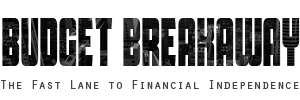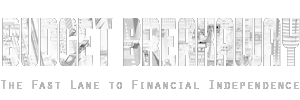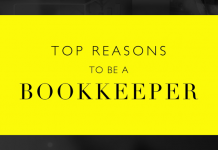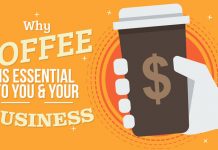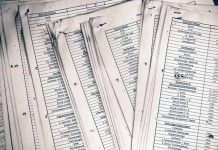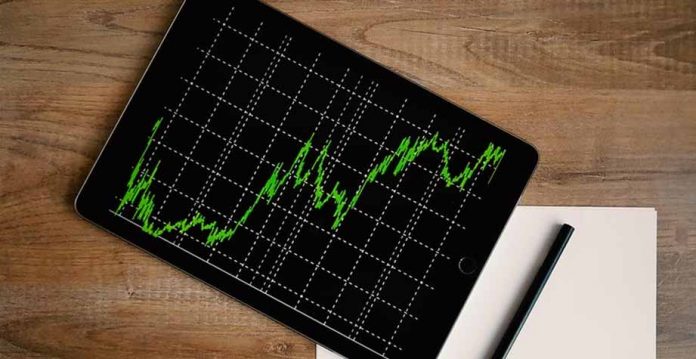Last year I wrote my review of the stocks and shares guide by Robbie Burns – The Naked Trader. In this post we’re going to be looking at the other side of the trading coin – Forex.
For those that aren’t familiar, Forex stands for ‘FOReign EXchange’ and the Forex Market is where traders change one currency by simultaneously buying another. Your profit or losses as a Forex trader are entirely reliant on the fluctuating exchange rate between two of your chosen currencies.
Buying and Selling
As an aspiring Forex trader it is crucial that you understand how buying and selling works in the Forex game. Let’s take a look at some examples:
First up, you will need to research and decide on a currency pair. For the sake of familiarity let’s use GBP (£) and USD ($):
Buying – If I were to buy the GBP/USD currency pair, I would essentially be buying GBP and selling USD with the educated guess that the cross rate price between the two of these will increase therefore resulting in profits for me. This would also be known as a ‘long position’.
Selling – On the flipside if I anticipated that the cross rate price between these two would reduce then I would want to sell GBP/USD in order to profit. Selling a pair essentially buys the second item of the pair and sells the first. Also known as a ‘short position’.
GBP/USD = Base Currency/Quote Currency
The Bid Price, Ask Price and The Spread
Next up is pricing, you’ll need to know whether you’ll be getting a good deal and therefore you’ll need to know about bid prices and ask prices:
Bid Prices – The bid is the best price that you’re going to sell your quote currency on the market.
Ask Prices – The ask price is therefore the best available price that you’re willing to buy currency from the market.
The spread? This is the difference between the ask price and the bid price.
Bid prices and ask prices can be seen on a Forex quote – check out the following link for some live examples and click through to see the bid and ask prices:
http://www.investing.com/quotes/
You’ll Need A Brokerage Account and a Platform for Analysis
There are a number of brokerages out there but be sure to check that whichever account you choose is regulated by a governing body such as the FCA (Financial Conduct Authority). Be aware there may be some paperwork involved in setting up your brokerage account.
Deciding on which trade to make and when to make it is tough, especially at the beginning. A trading platform such as Sucden can be a useful tool to provide a live stream of prices, some research tools and easy access to make a trade when you feel the time is right.
Risk
This is important. Unlike trading shares, you need be aware that losing in Forex can result in losses that exceed your deposits. This is the same for CFDs and spreadbetting. This level of loss is rare but it’s important to understand that it can happen.
Trading on Forex requires a level of detailed decision making, good research, time investment and persistence to succeed. If you’re thinking about investing in Forex but are still unsure, I’d highly recommend ‘paper trading’ for some time before taking the plunge.
Paper trading is where you give yourself an allocated figure and decide where and when you will invest it, you make a trade but only on paper not with real money and track your investment to see if you’re making a profit or loss. This will tell you:
- Whether you have the interest and commitment to stick with your investment
- Whether you know enough about Forex to take the plunge or if you need to do more research
Traded in Forex before or thinking about taking the plunge? Let me know in the comments below…
